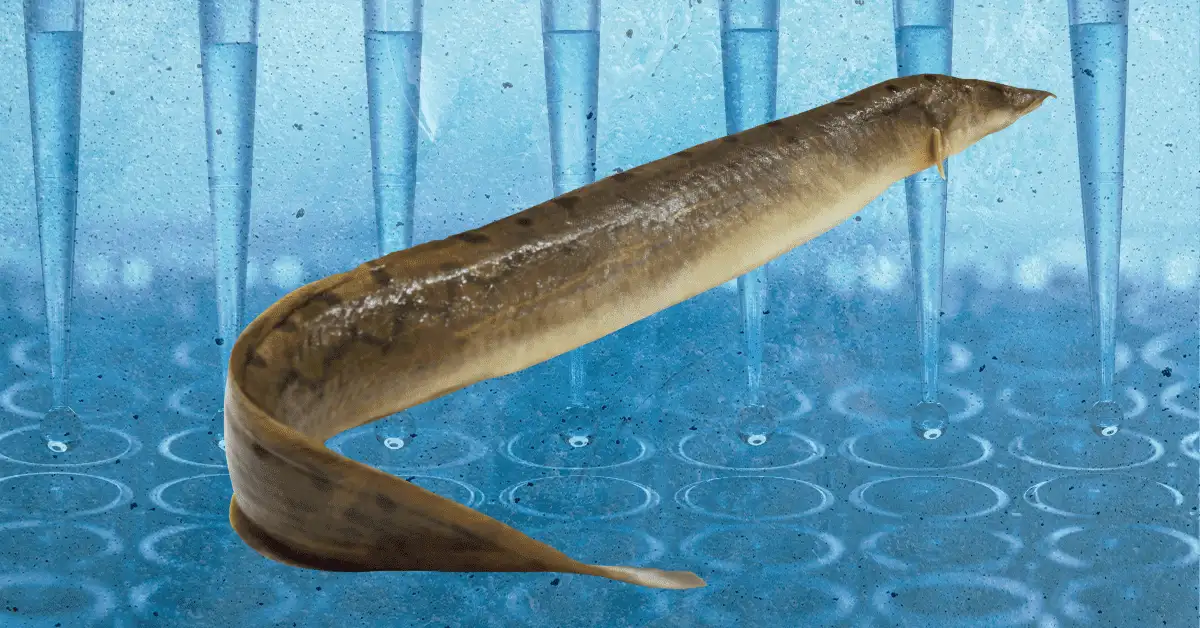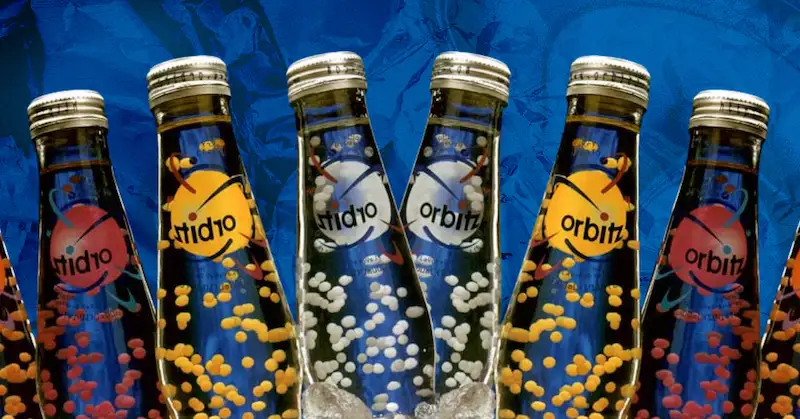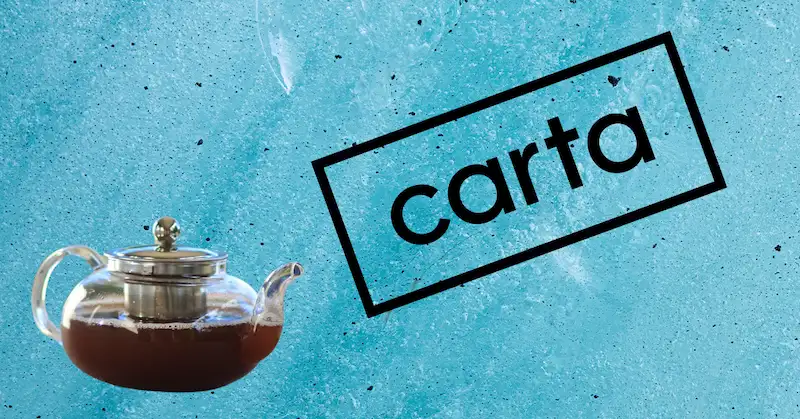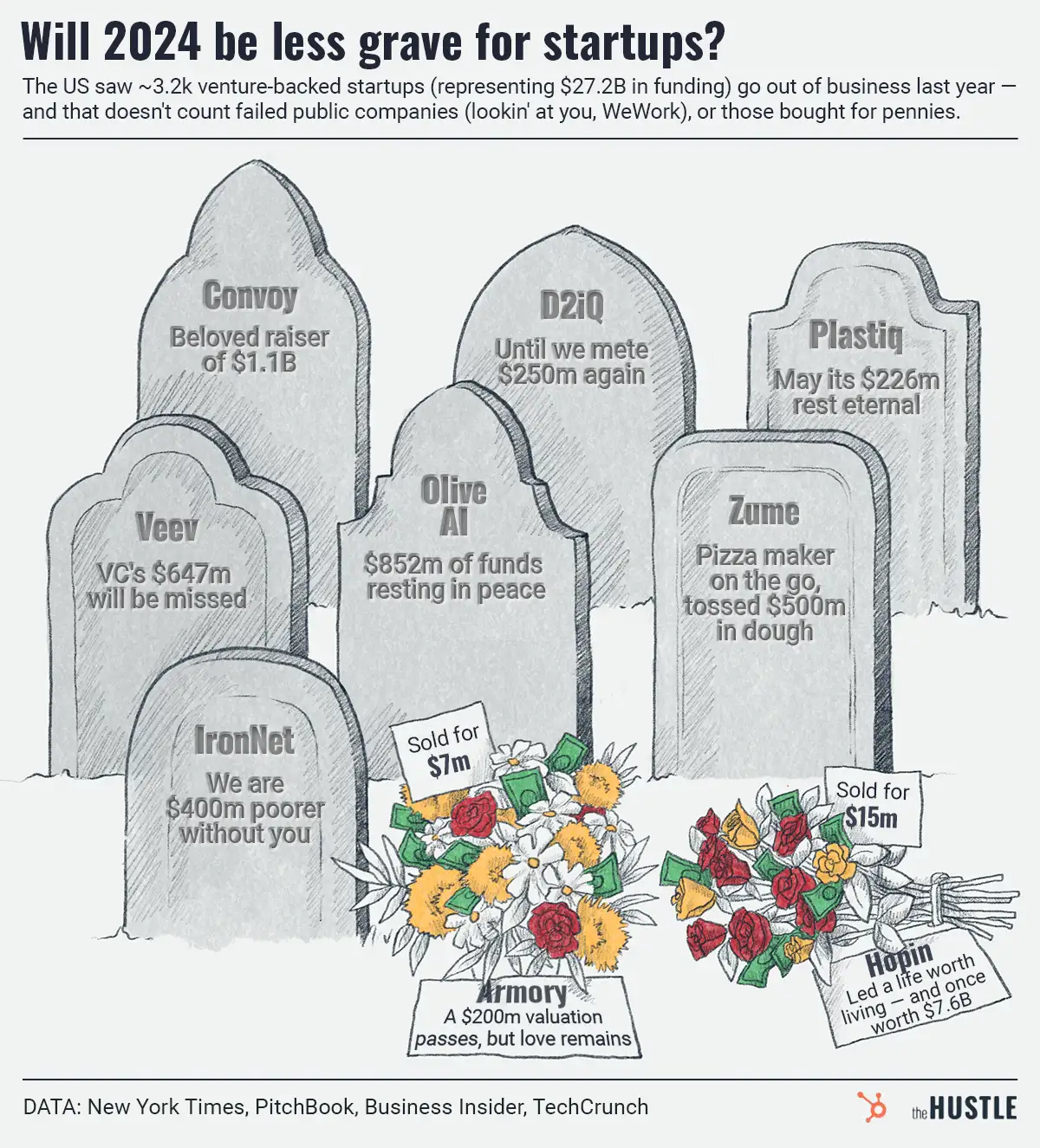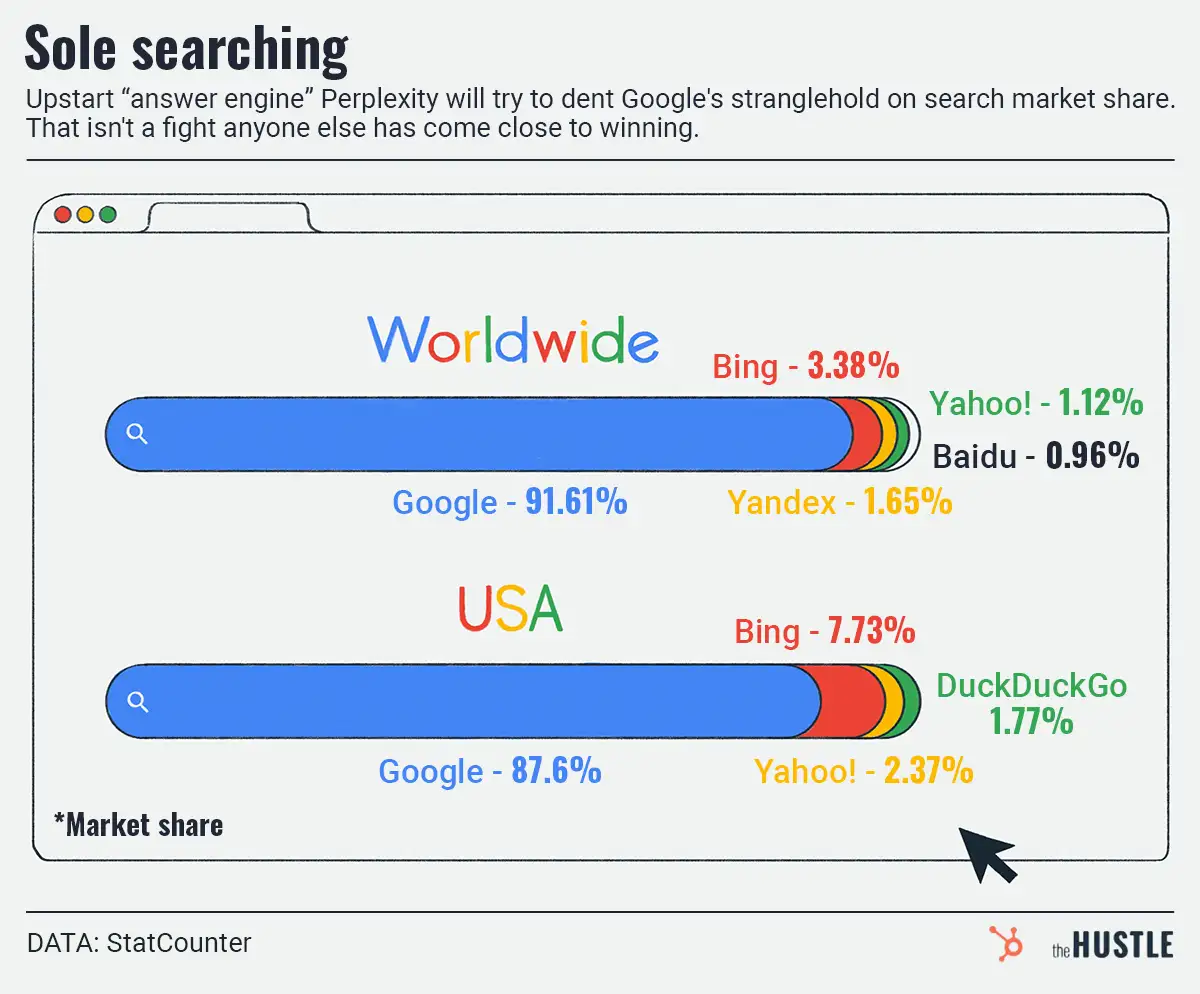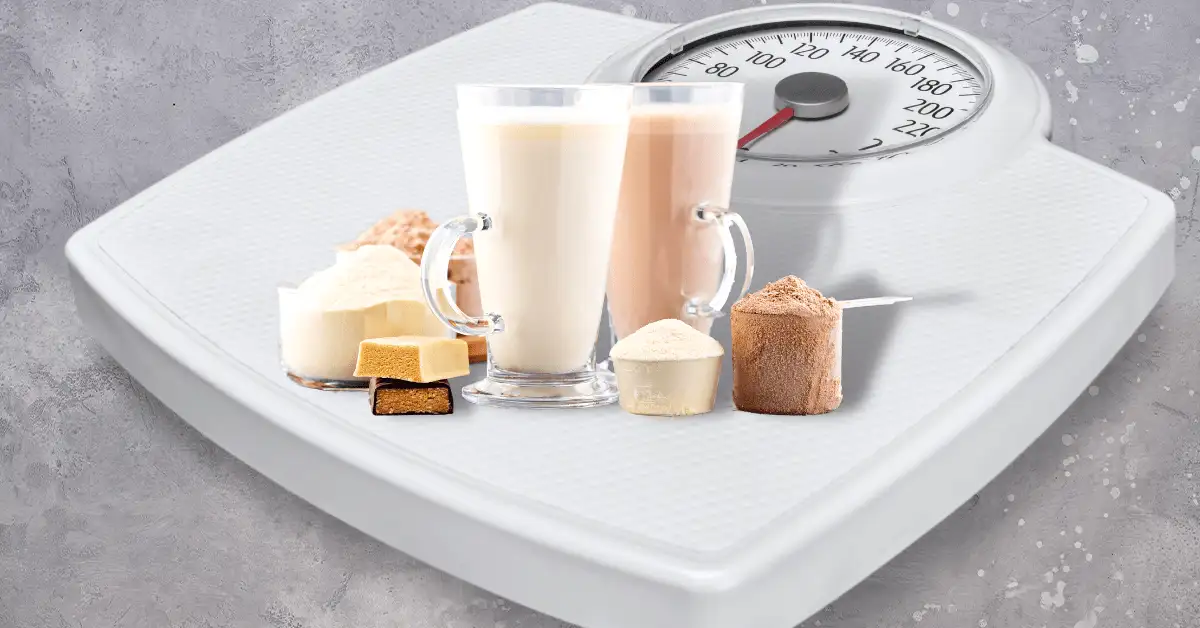In 2018, Scott Whitley decided to pursue entrepreneurship outside of his 80-hour work week in corporate law. He built LAB Water Kefir, inspired by a fermented drink he discovered in Australia with his co-founder, Martin.
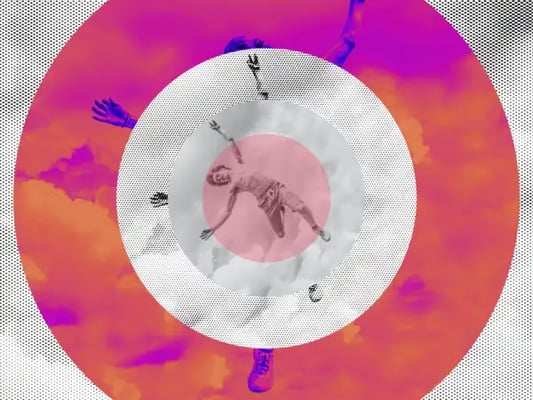
The duo wanted to bring the product to North America, thinking it would take off.
Spoiler: it didn’t. But it did explode.
Bootstrapped with the founders’ 6-figure law salaries, the company sold its 1st batches at farmers markets, eventually landing in 70 storefronts and in the fridges at a TED conference.
At the conference, fridges were stocked with thousands of free LAB Water Kefir bottles. But there was a problem: In fermented drinks, bacteria eats sugar and releases carbon dioxide.
Whitley recalls seeing a stodgy looking older guy take a bottle. “He shook it, opened it, and it exploded like a geyser,” he told The Hustle. “He screamed, cursed, and threw it across the room. It was horrifying.”
But even bigger problems were brewing.
One bottle cost $5.50 in the grocery store, retailers bought it for ~$3.30, and food and bev distributors paid ~$2.60. That left the founders with $1.10 in revenue per unit.
They were spending ~$6.5k/mo., but bringing in low thousands. Failure seemed inevitable.
The journey wasn’t without lessons
Whitley had quit his full-time job in September 2019 to run the startup, but he and Martin felt increasingly burnt out. “Neither of us wanted to disappoint the other,” Whitley remembers. In January 2020, they shuttered the company.
Whitley says he learned more through failing at entrepreneurship than he did in any academic pursuit:
- Be mindful of time spent on low-leverage activities
- Consider how much you’ll need to educate the market about your product
- Don’t let the fear of disappointment stop you from making tough decisions
To read the full version of Whitley’s story — along with 4 additional lessons — click here.
If you’d like to be featured in a future story like this, tell us about your failed venture here.
bc75.jpg)
